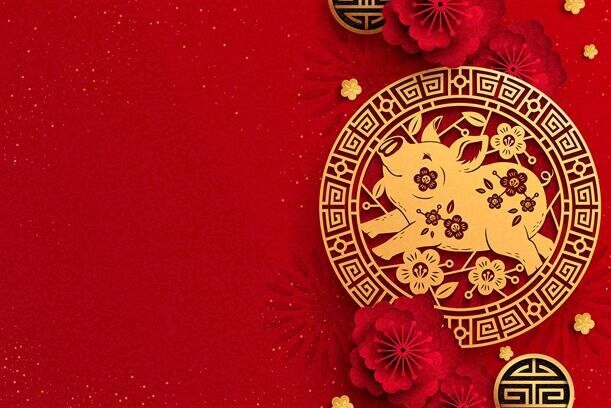Why Does 618 Matter?
618 is China’s second biggest online shopping festival after Singles’ Day, which falls on the 18th of June every year.
Given the current economic and social climate, the day had particular significance this year, as eCommerce platforms and brands waited with bated breath to see if Chinese consumers would bite. So, what did we see?

Chinese Consumption is Alive and Kicking
Mass media reports on China have adopted a narrative of reduced consumption in China in reaction to the overall slowing of the economy. Headlines focusing on disrupted supply chains, restricted delivery services and Shanghai lockdowns reflect a gloomy picture that anticipates a tightening of Chinese consumers’ wallets.
However, a closer look at this years’ 618 sales figures reveals a willingness to spend and continual growth of online sales.
It is true that the rate of growth did not hit last year’s heights, and yet a 10.3% year-on-year increase on 618’s original platform JD.com is not to be overlooked. It is important to pair the headline reports of Western media with specific data evidence and the expert opinion of those on the ground.
Estimates from consultancy Syntun reveal that collective sales across Alibaba's Tmall, JD.com and Pinduoduo stood at RMB 582.6 billion. This is a modest increase on last year, and does not take into account the strong growth seen on live-streaming social commerce platforms like Douyin and Kuaishou.
The customer journey has changed, shifting from traditional platform purchasing, to new media and group buying platforms. Importantly, there was significant growth in particular category segments which prove resilient even in more strained economic conditions.
A Spend Shift to Preening, Pooches and Premium Products

High quality pet products are in rising demand, particularly among younger consumers, who are likely to increase spending on their pets by 5.8%.
There was significant development across product categories as consumer preferences shifted amidst the current climate. Four categories stood out, particularly in terms of the pre-sales period:
-
Personal Care Appliances - up 92%
-
Pets - up 77%
-
Outdoor wear - up 55%
-
Outdoor equipment - up 77%
These four categories have benefited directly from Covid, with consumers focusing more on their health, as well as improving their quality of life at home. Whilst many consumers' outside movement remains restricted, investment into their pets and household appliances increase.
The focus on outdoor wear and equipment reflects a longer term trend of growing fitness and sports fans in China, a similar group to those wanting to explore the outdoors, through independent travel and camping.
To validate these numbers we talked extensively with our network of TPs - authorised eCommerce partners for platforms like Tmall and JD.com. Most reported that even though overall demand had taken a hit, “performance exceeded expectations”, particularly within the categories outlined above. Sportswear, parent & baby and certain luxury accessories such as bags performed particularly well, and even beauty which saw an overall drop still saw growth in specific segments such as premium, niche brands.
They confirmed a shift in the dominance of eCommerce platforms, with TMall losing market share to Douyin.
The Hot Pot Takeaway
Chinese consumers are undoubtedly more cautious with their money. 618 results reflect a further shift in purchasing behaviour towards purposeful spending based on research and quality - not an entirely new trend.
As access to more brands and products has increased along with the variety of sales channels, Chinese consumers have become increasingly discerning and rational.
The categories that have done well reflect not just a reaction to major national lockdowns this year, but longer-term, developing interest around health, fitness and quality lifestyle, or “精致生活“, which has been in motion since 2019.
Related blog posts

